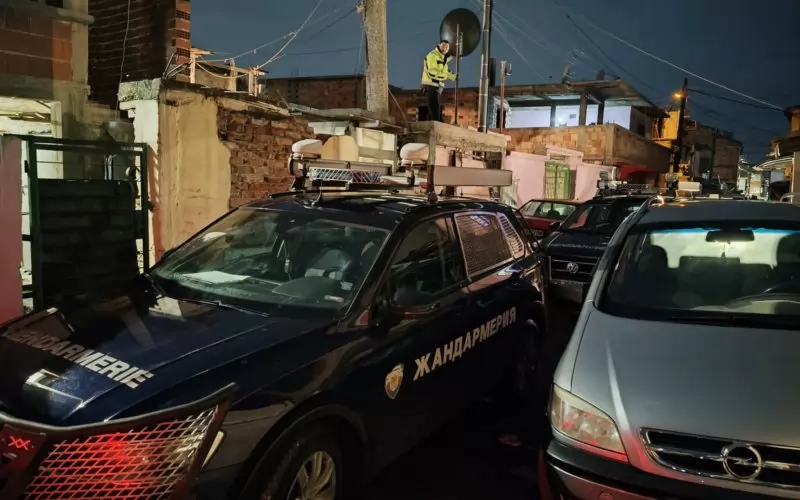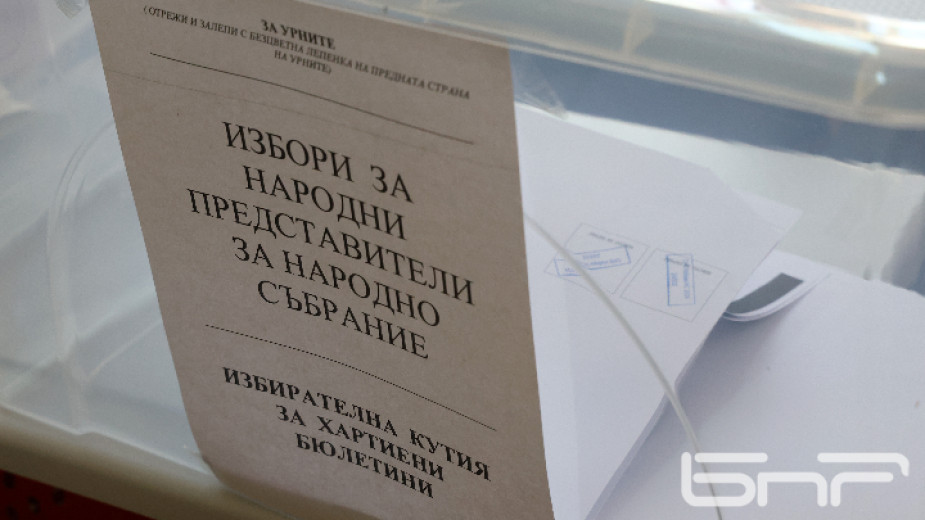Maibaum (2013) reports on the changing social policy in Essen. To reduce economic incentives, in the future, the city will help needy migrants only in kind and not with money. The influx of economic refugees is thus to be minimised. In his representation of the new model of social help, Maibaum reproduces very uncritically racist statements when he states: “It is a three-stage model that divides the people who come to Essen in two classes: those that will be obliged to leave, such as the Roma from Serbia and Macedonia, and those who have a chance of a future life in this city.” Why Rroma from Serbia and Macedonia should have no chance at a future in Essen, is not explained. That Rroma are not just economic refugees but also are political refugees especially from countries such as Serbia due to the aftermath of the war in Yugoslavia or due to the ongoing ethnic discrimination they are faced with, is not discussed in this article.
Langenkämpfer (2013) informs about an event of the Bündnisses 90 and the Green, under the theme “Equal opportunities! Sinti and Roma in education”. The meeting participants criticised in particular the constant discrimination of many Rroma in Europe. In addition to the social, political, and increasingly violent pressure brought to bear on the Rroma, one needs to consider a social anchoring of prejudices among broad sections of the population. The North Rhine-Westphalian Minister of Education Sylvia Löhrmann asked in her speech for less thinking about “order” and for more heterogeneity.
Kotte (2013) focuses on the efforts of Romeo Franz who wants to be elected as the first Sinto in the German Bundestag. Franz is known amongst others for training for argument against rightist slogans and ideas. His candidacy is viewed as a transformation of German society, with regard to recognition of its minorities. He also wants to acts against election statements such as the idea that all immigrants from Southeast Europe are economic refugees who only want to take advantage of the German social welfare system. In these simplistic representations, the fact that there also are educated immigrants, as well as a migration due to social deprivation or brutal discrimination remains unspoken. Particular concerns for Frank are the promotion of education, social inclusion and the political participation of Rroma in Germany. Another problem he sees is that one often talks about the Rroma, but seldom talks with them. He states: “We want equality of opportunity in employment, housing and health care. In Germany, there are huge deficits in the perception of the problems, as well in the programs supporting Roma. The European Commission last report has shown it again, and that was a red card for Germany. For the Foundation named after the Holocaust survivor and human rights activist Hildegard Lagrenne, where around 30 organisations of Roma and Sinti have teamed up, this is also a consequence that one often talks about us, but not with us.”
Poley (2013) reports on a meeting of the Rroma organisations “Rroma Drom” and “Terno Drom” in Duisburg. The aim of the meeting was to discuss the role of young Rroma in Germany. Representatives of the organisation are committed to an improved perception of Rroma and, based on a more self-determined presentation of Rroma in German society.
Goebels (2013) reports on the plans of schools in North Rhine-Westphalia to support regular teachers with teachers with knowledge of Rromanes or Bulgarian. Through the establishment of special remedial classes, the language skills and the integration of newcomers should be encouraged. In particular, the cities of Duisburg, Cologne and Dortmund, according to German statistics, record a high influx of Romanians and Bulgarians, who are often identified collectively as Rroma in public discourse.
Sources:
- Goebels, Wilfried (2013) NRW-Ministerium sucht Roma-Lehrer für Zuwandererkinder. In: Der Westen online vom 2.7.2013.
- Kotte, Hans-Hermann (2013) Der Sinit-Kandidat. In: Migazin online vom 3.7.2013.
- Langenkämpfer, Jürgen (2013) “Gleiche Chancen! Sinti und Roma in der Bildung”. In: Mindener Tageblatt vom 3.7.2013.
- Maibaum, Jörg (2013) Stadt Essen will Roma-Zuzug aus wirtschaftlichen Gründen bremsen. In: Der Westen online vom 5.7.2013.
- Poley, Volker (2013) Roma als Teil unserer Gesellschaft sehen. In: RP online vom 1.7.2013.







